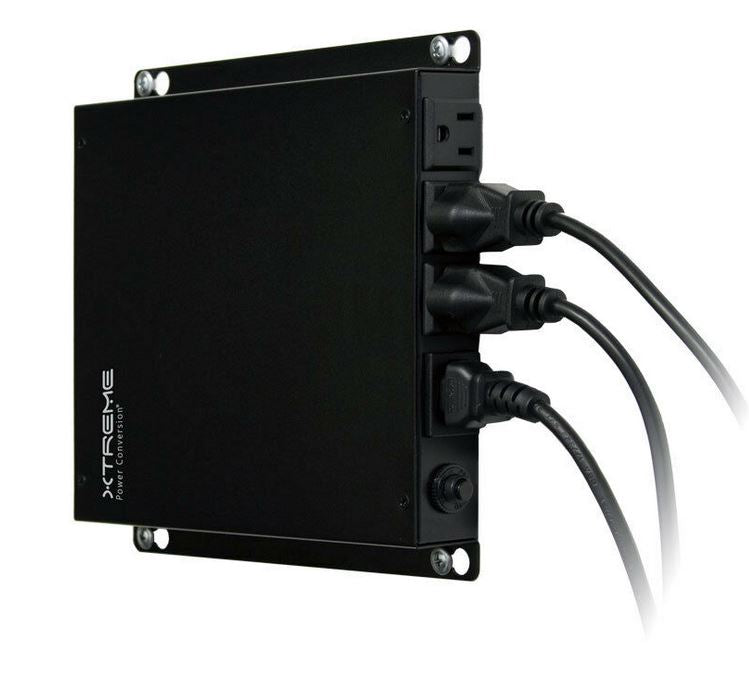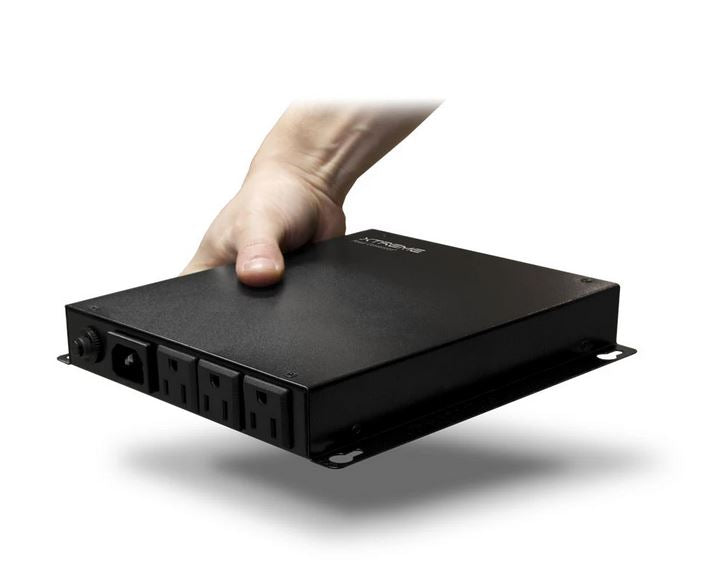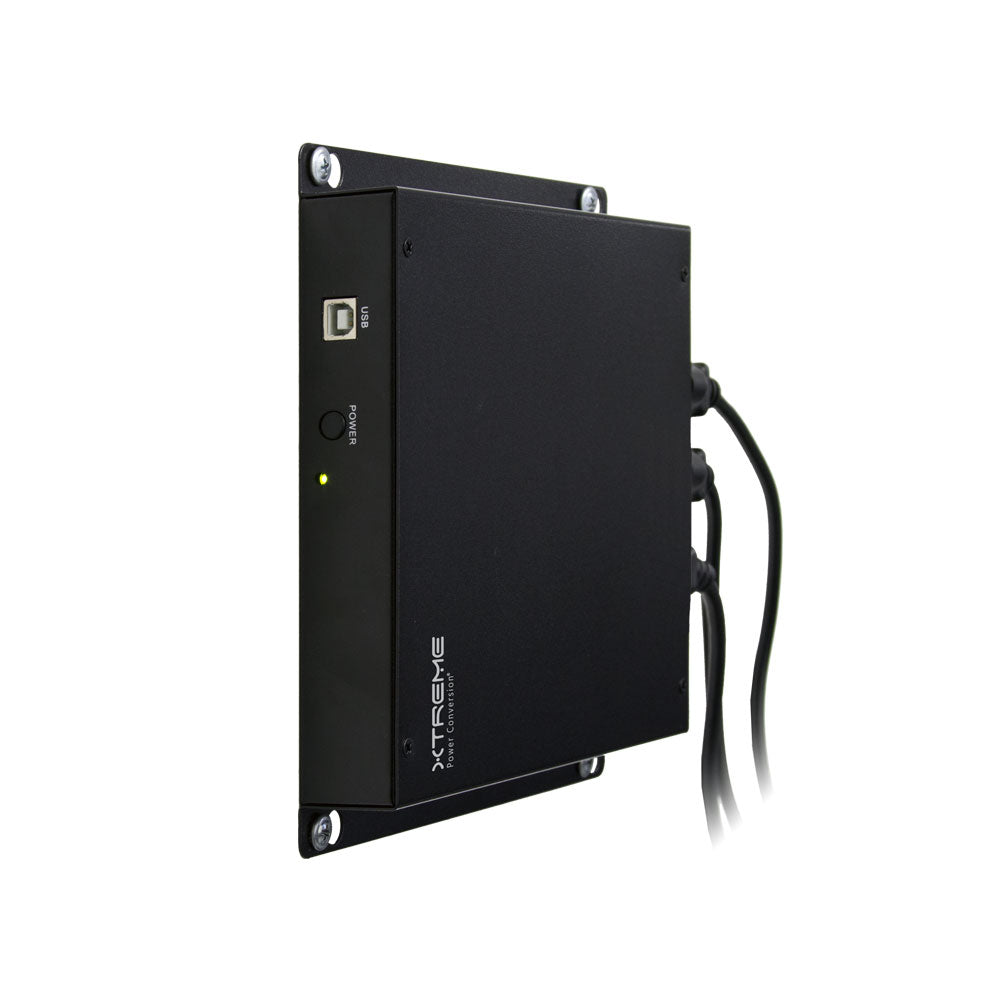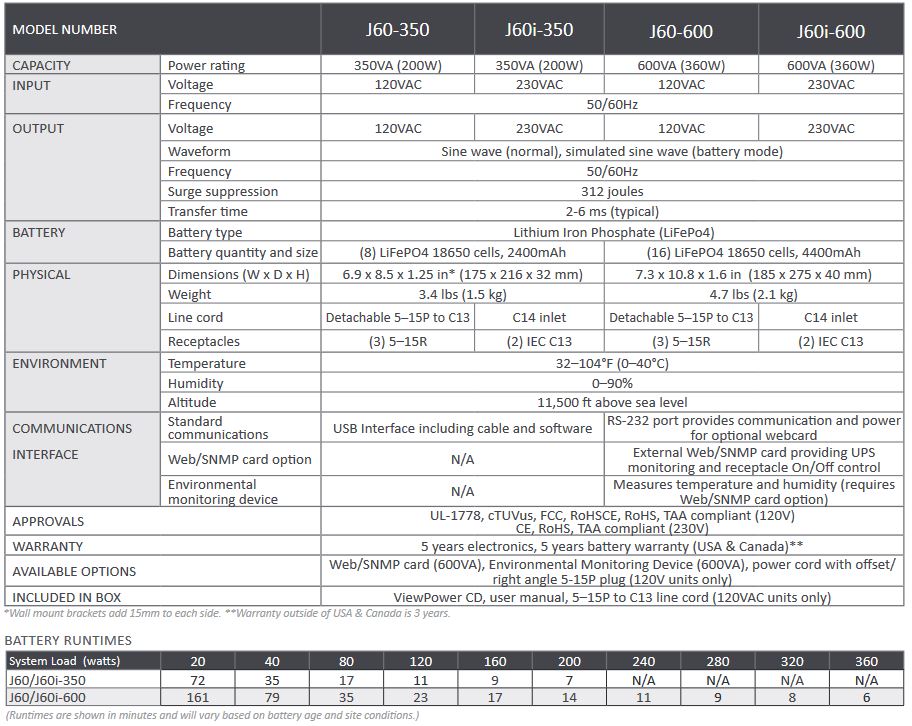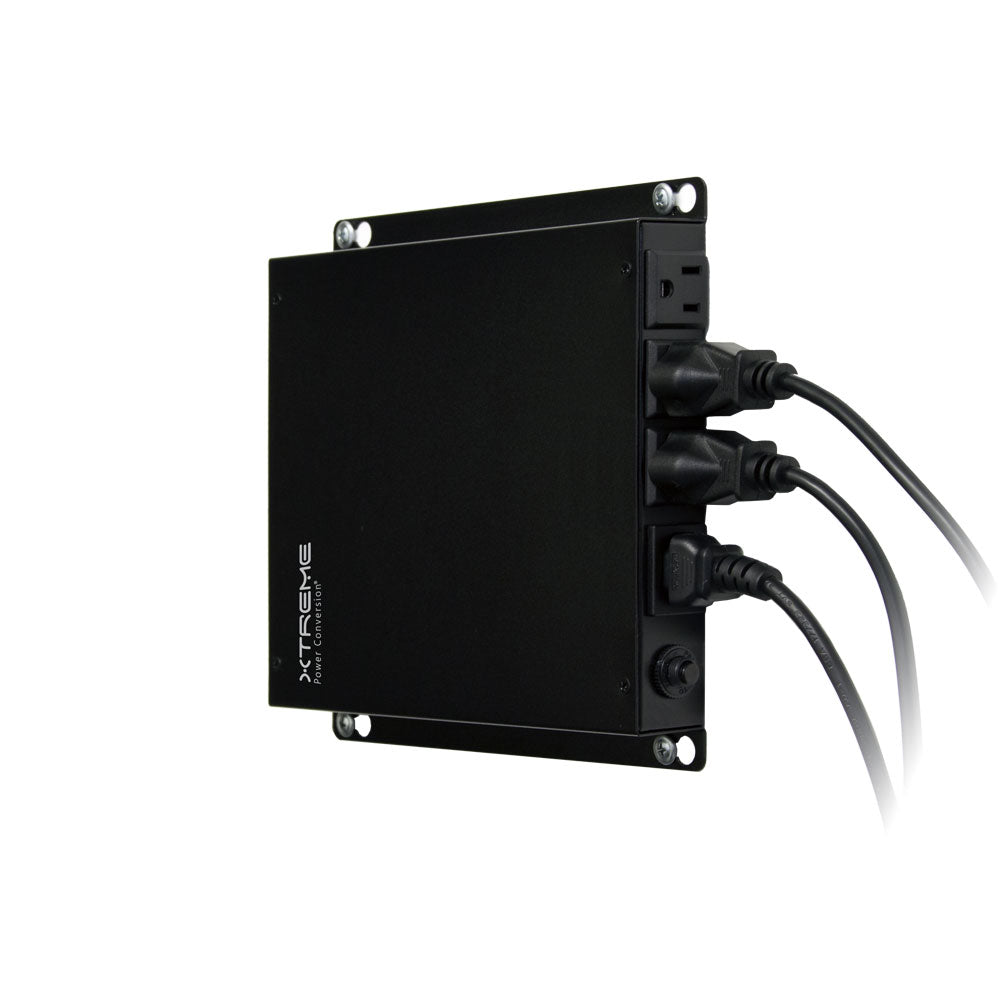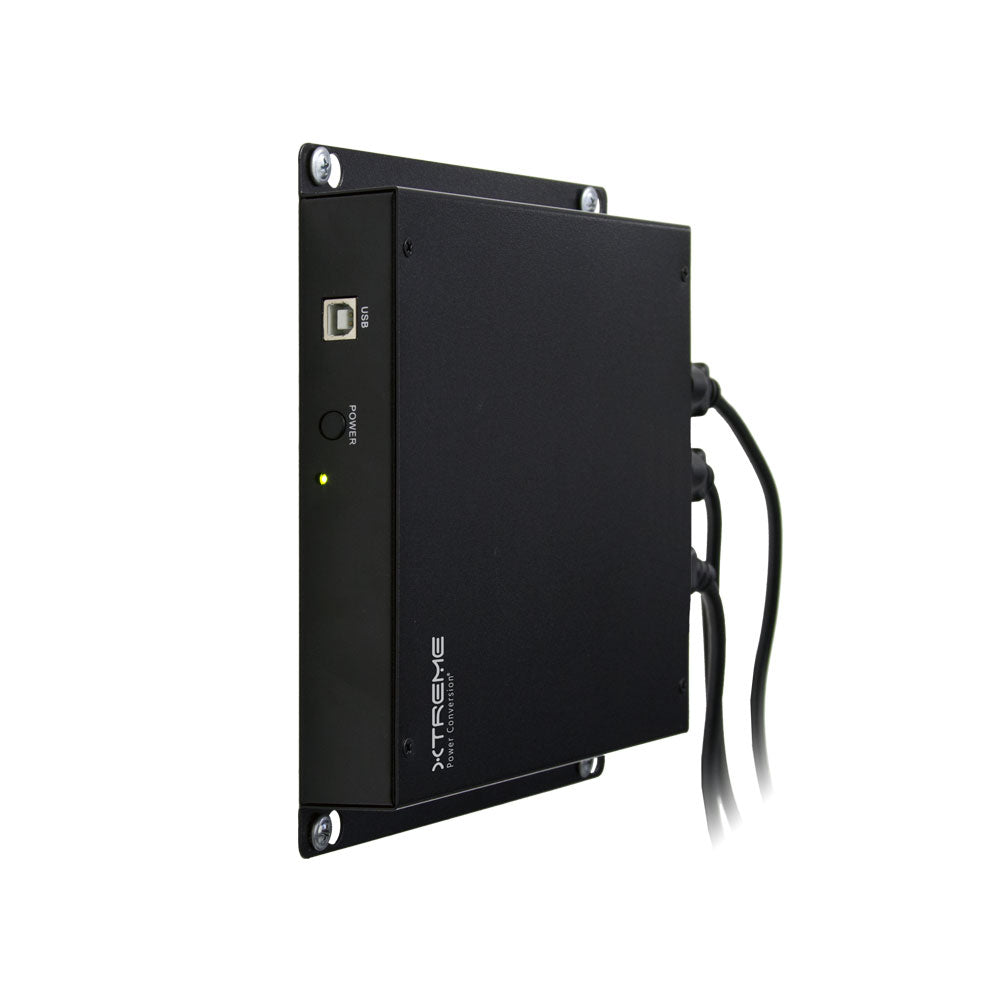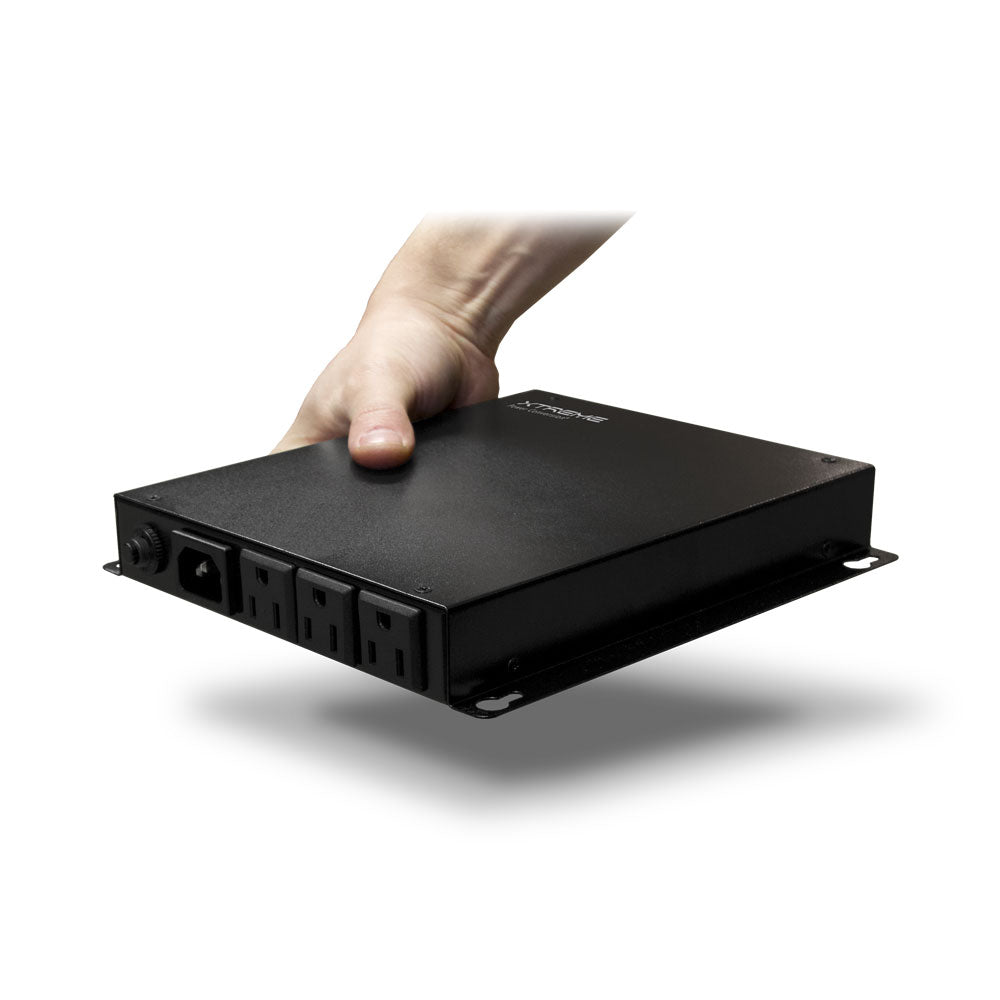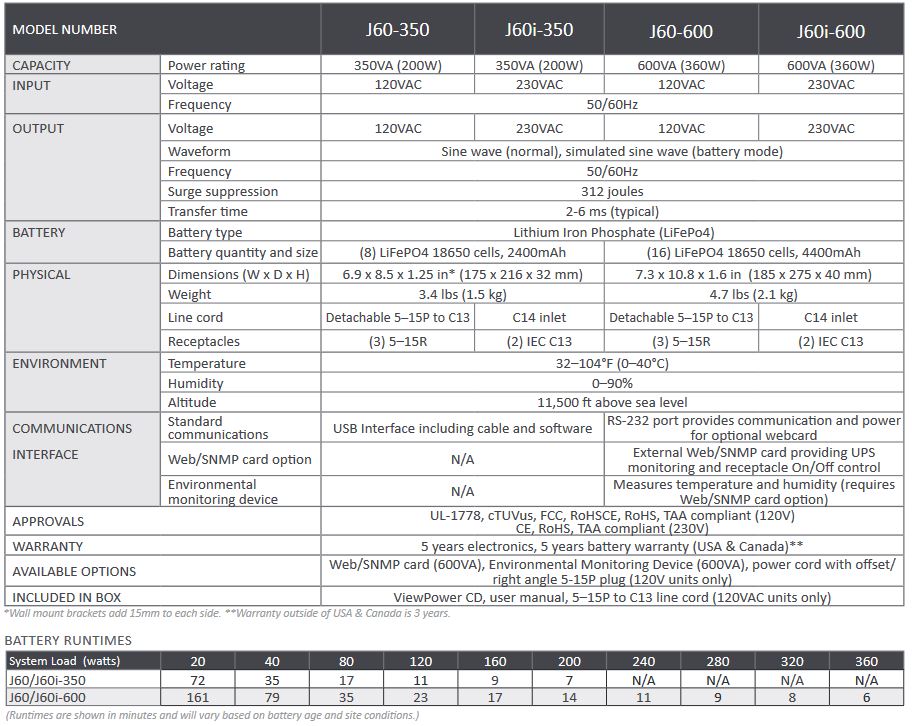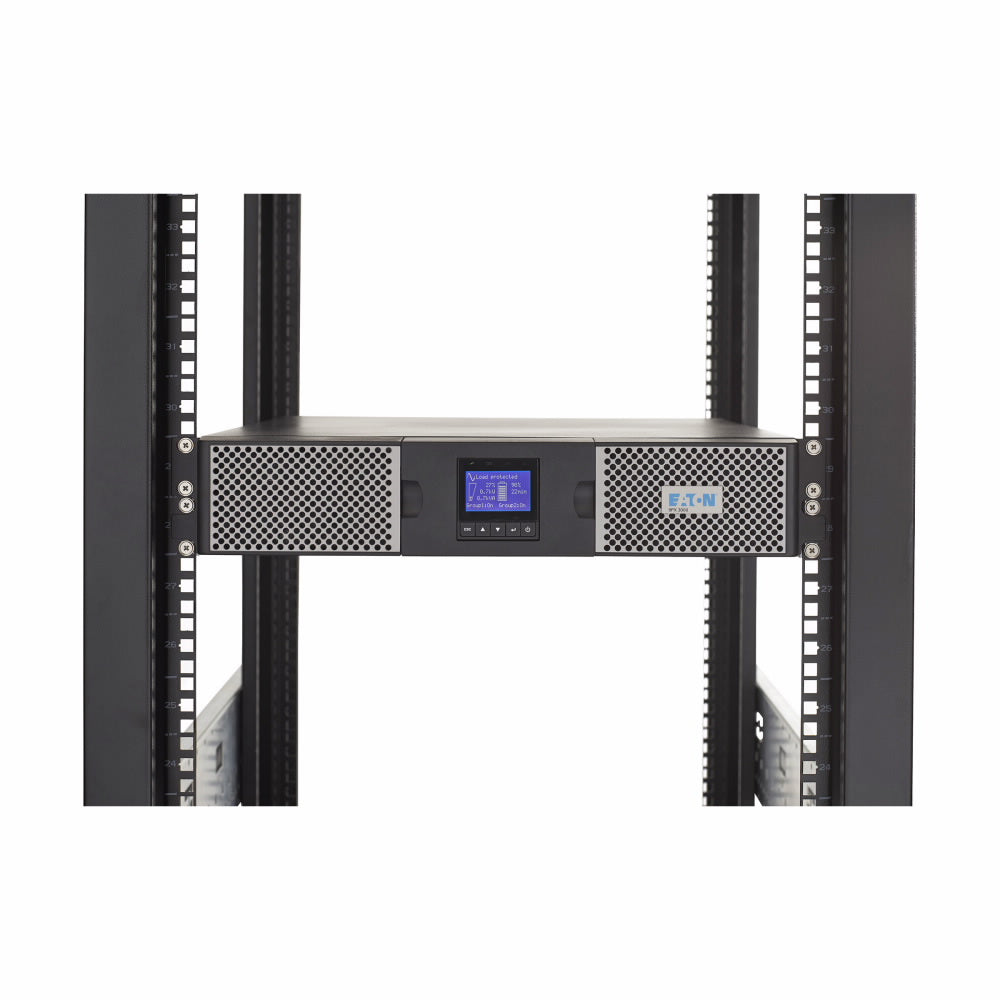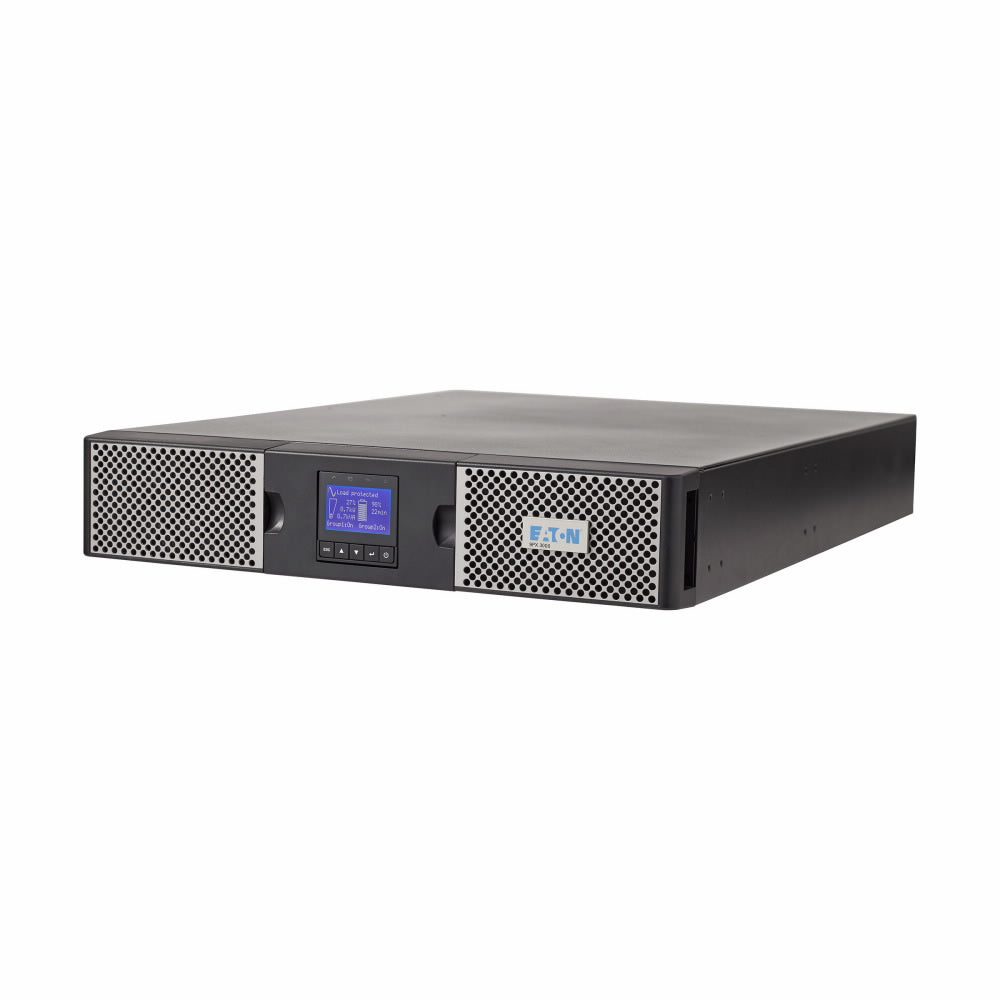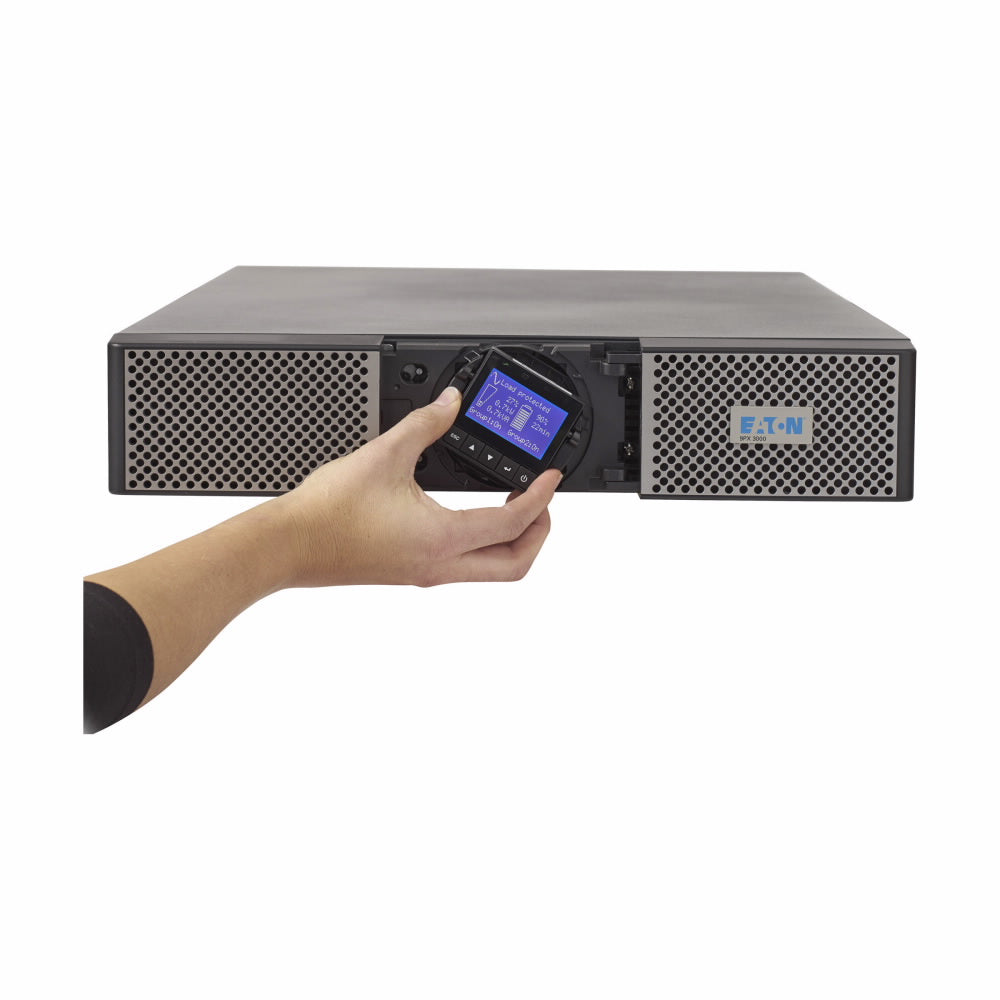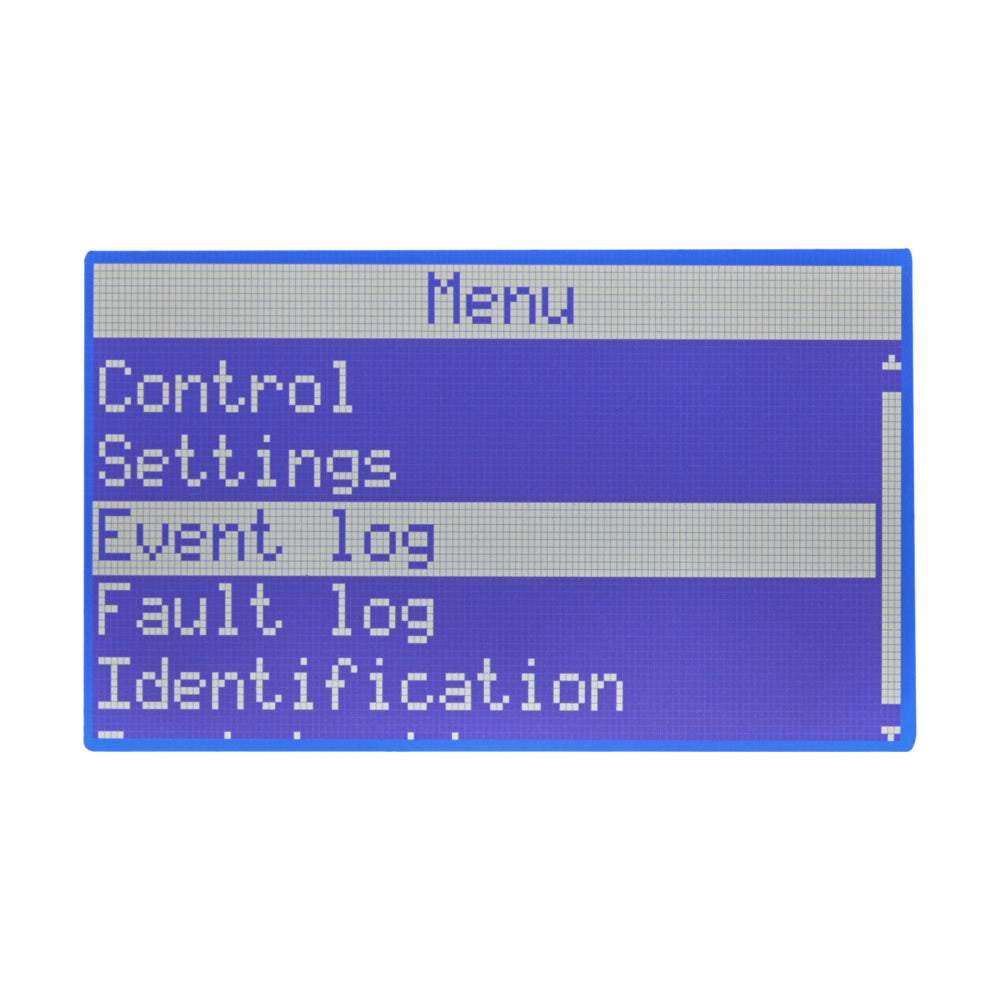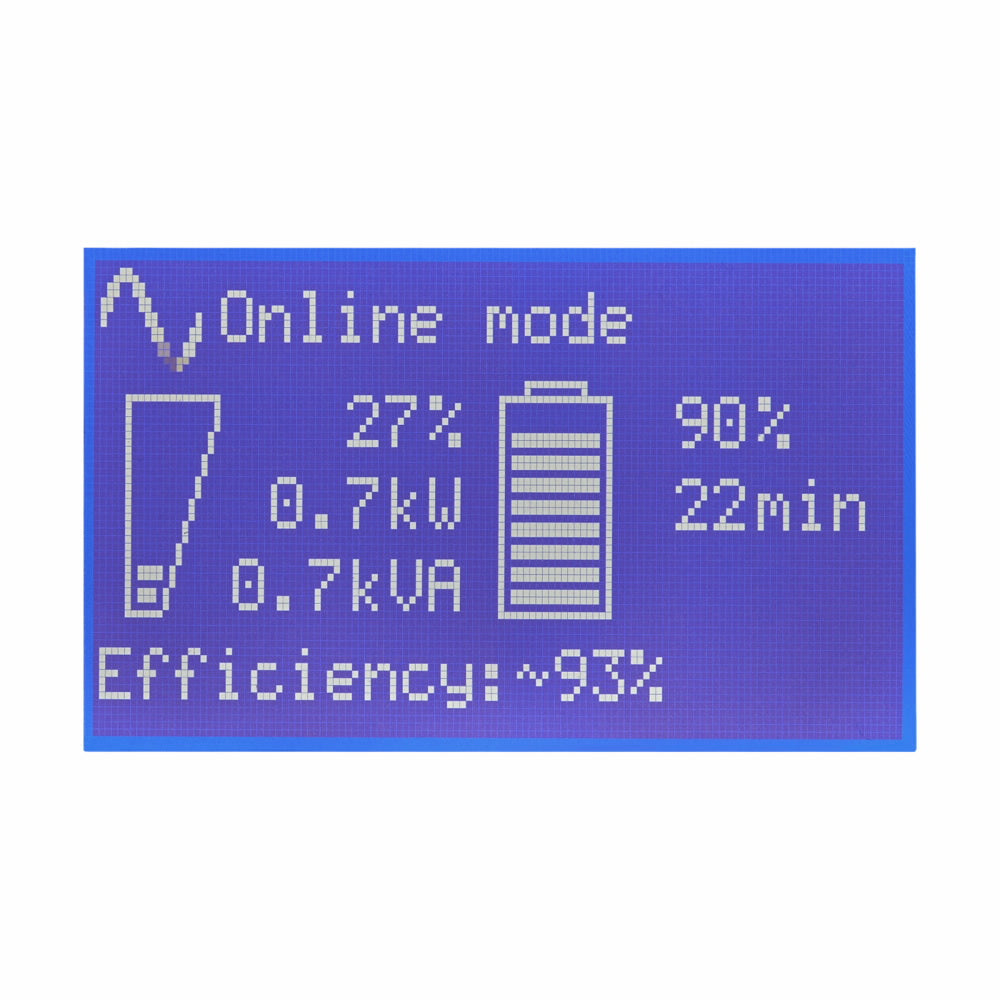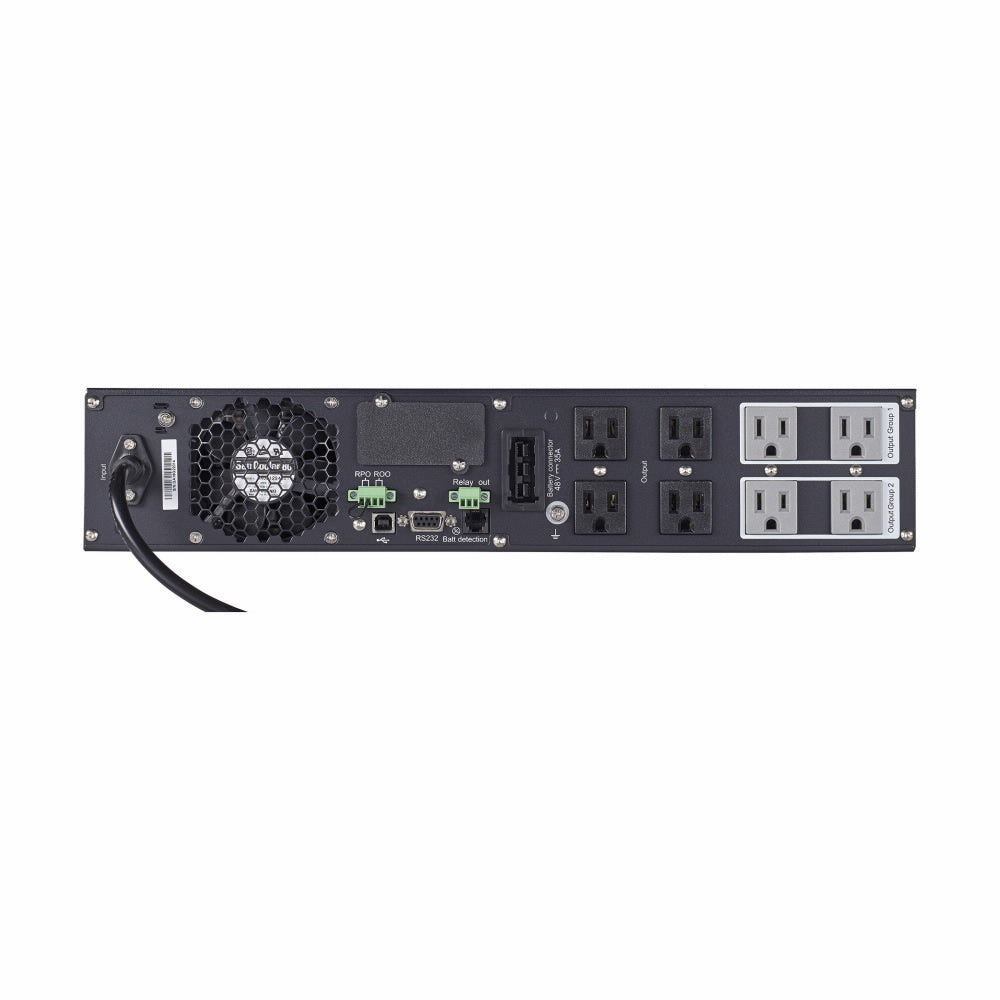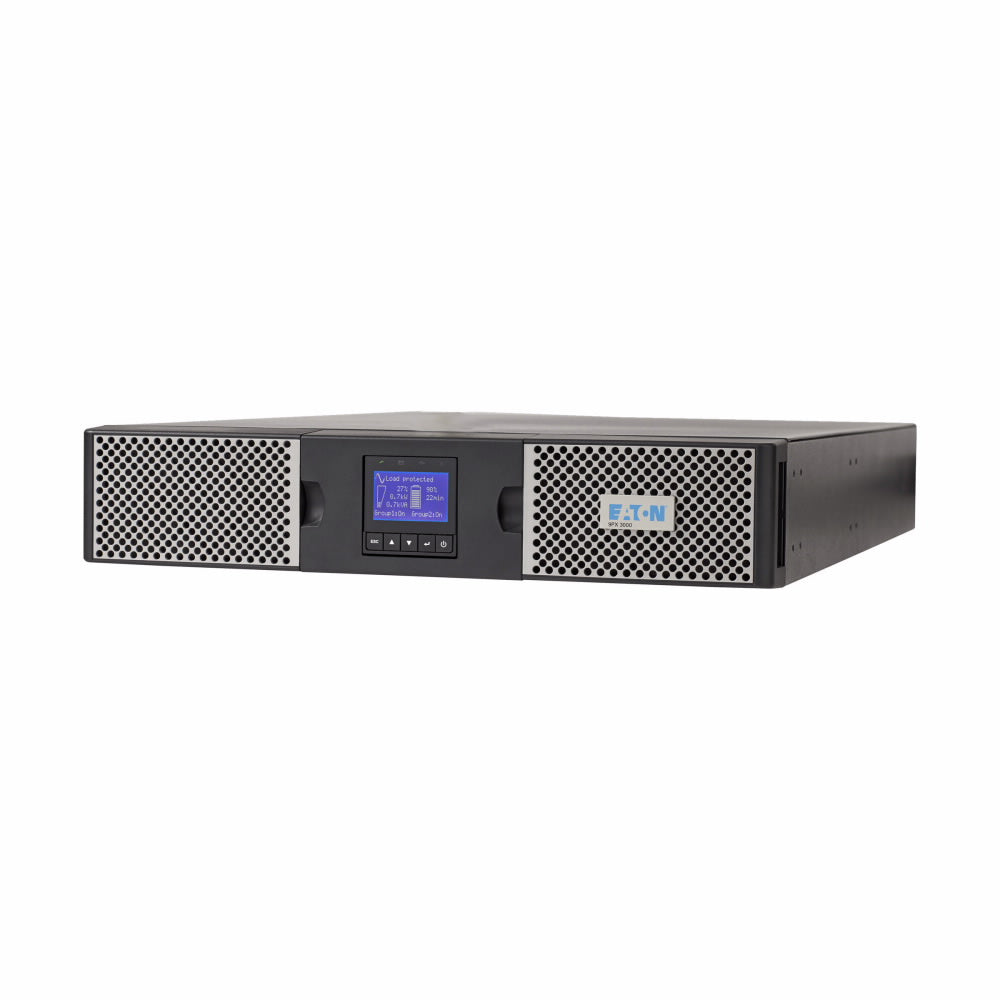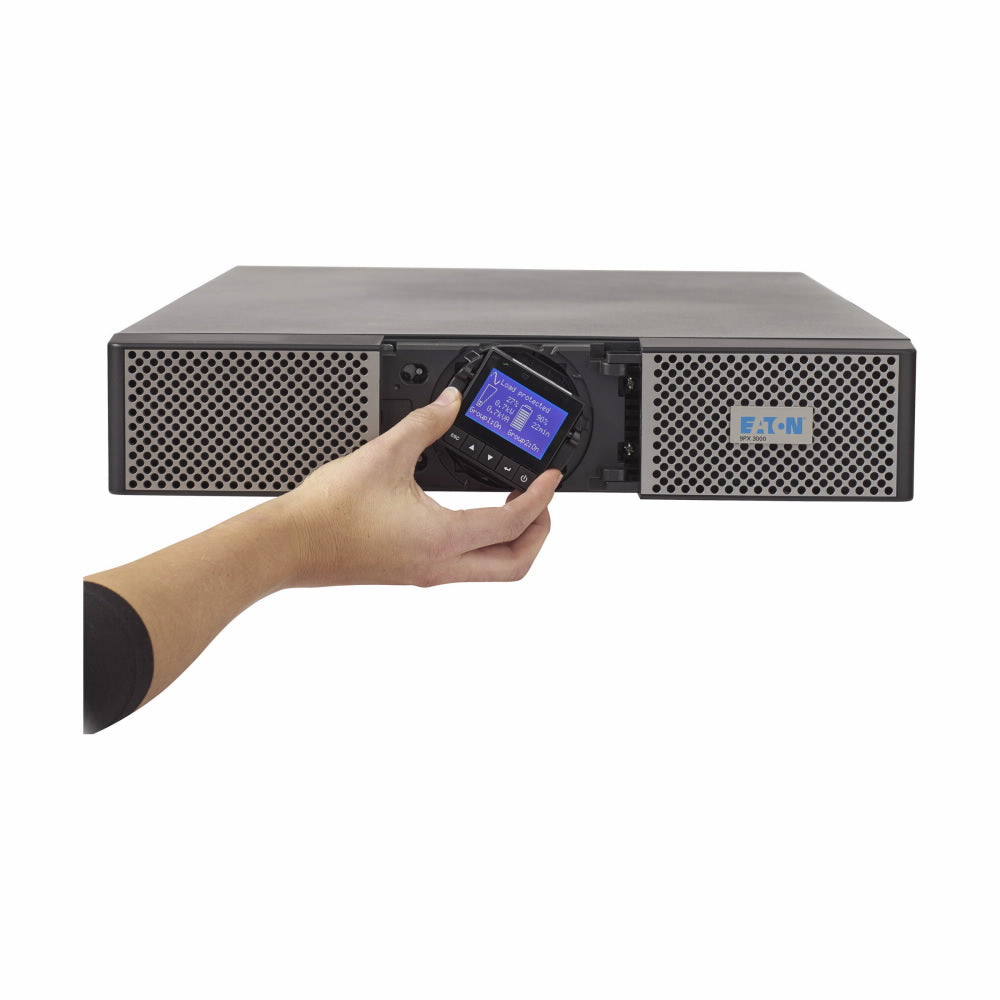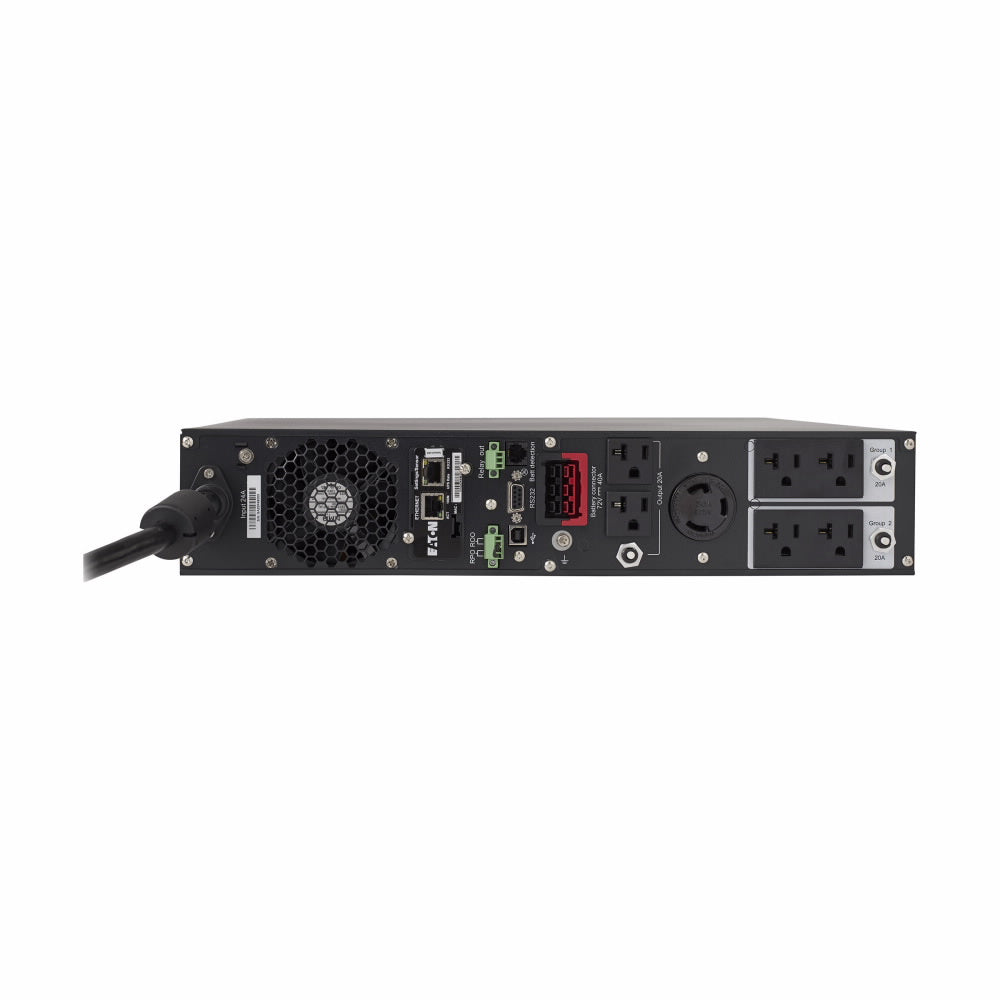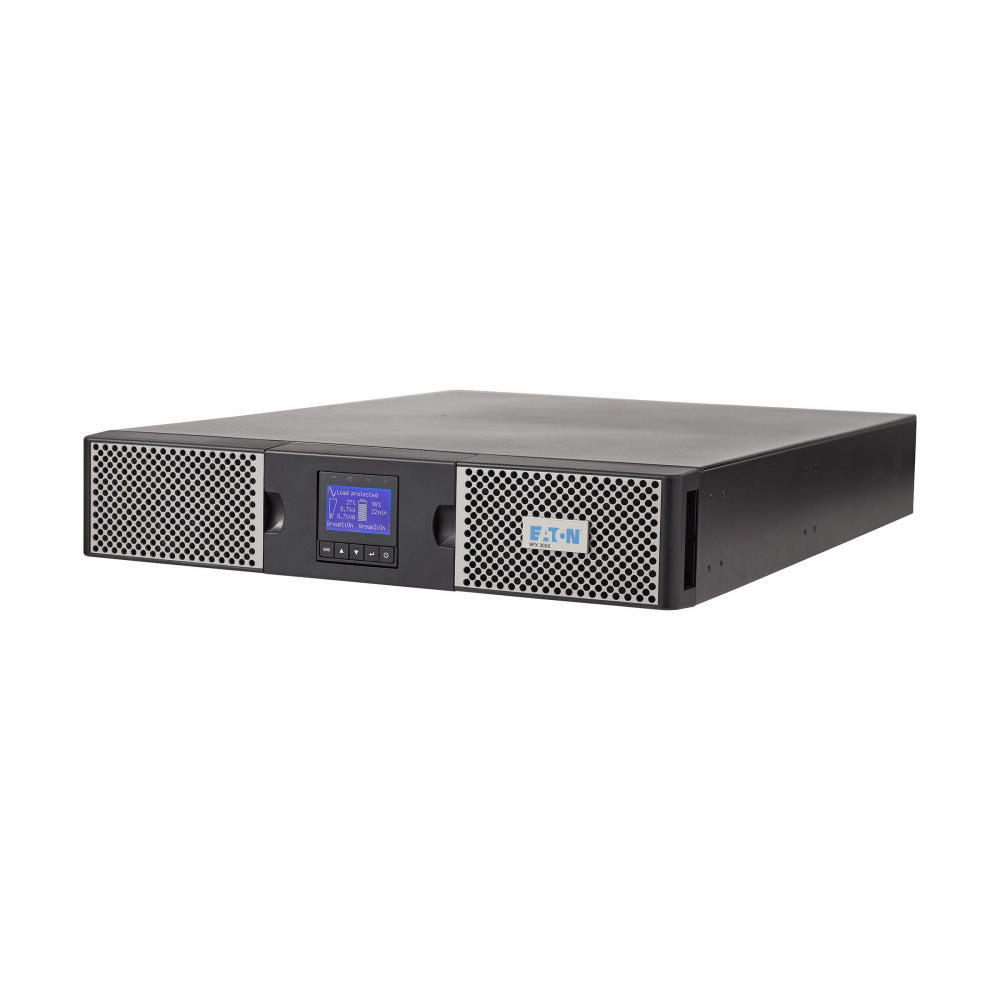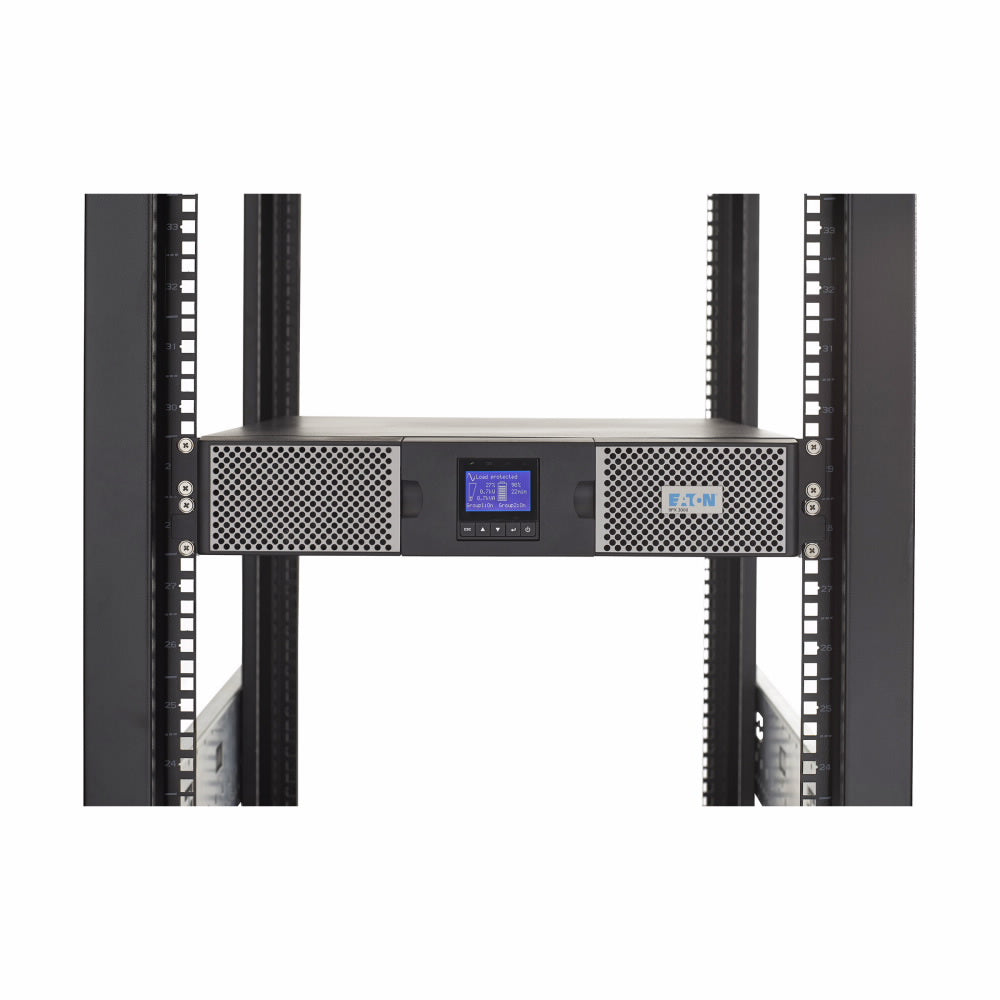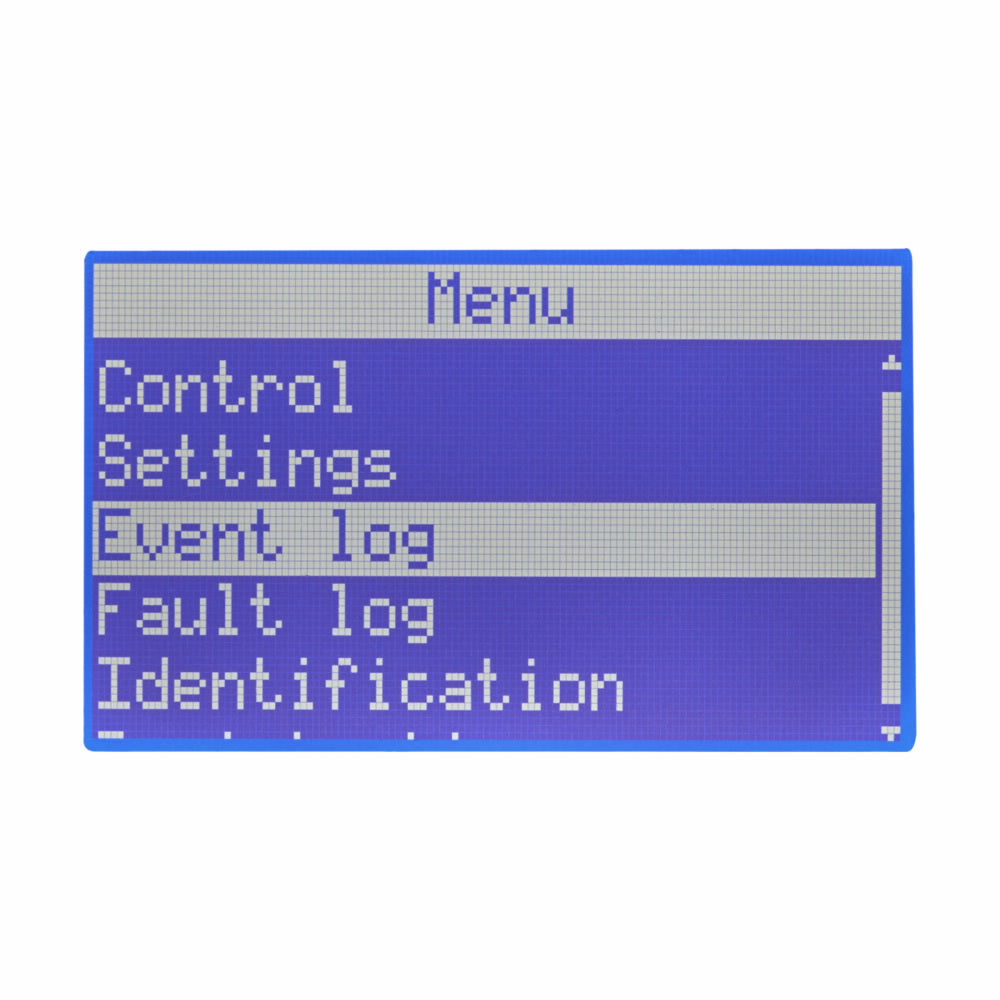Most UPS Systems are powered by Lead Acid batteries, however, in recent years, lithium ion-powered UPS systems have become more and more popular. Why?
Because of these four distinctive features, that differentiate lithium-ion-powered systems from lead-acid systems are longer life, faster recharge time, heat tolerance, and lighter weight.
How does a lithium-ion ups battery function differ from a lead acid battery?
Not much differentiates the two batteries from their construction besides the material. In a lithium-ion battery, you have an anode, cathode, separator, and electrolyte, just as you would in a Lead Acid Battery. However, in a lithium-ion battery the anode and cathode store the lithium, whereas, in the lead acid the anode and cathode store the lead material. As for the rest of the battery function, the electrolyte carries positively charged lithium ions from the anode to the cathode and the cathode to the anode within the separator. The movement of these ions creates electrons in the anode, which build up to create a positive charge. This positive charge then flows to the device being powered and then to the cathode, which intakes the negative current. A very similar function to the lead acid-powered battery.
The true difference between the batteries is the material. And because of this different material, a lithium-ion battery is able to offer beneficial qualities that a lead acid battery cannot.
Longer Life & Lower Maintenance Costs
In comparison to lead-acid powered UPS systems, which have a lifespan of 3-5 years, a lithium-ion powered UPS system can last up to 8-10 years. Furthermore, a lead acid battery will need to be replaced more frequently throughout your UPS systems life, costing you more in batteries and potentially labor too. Whereas the lithium-ion battery in your UPS system will be able to withstand the entire lifecycle of a UPS system. In comparison, resulting in lower maintenance costs.
Faster Recharge
After having provided backup power to sensitive equipment, a UPS battery needs to be recharged to full capacity. Lead acid-powered UPS systems can take 12 hours or more to be completely charged. While lithium-ion powered UPS systems take only 2-4 hours to completely charge. Because of their quick recharge time, it reduces the risk of suffering another outage or power fluctuation before your UPS battery is completely charged.
Temperature
The optimum operating temperature for a lead-acid-powered UPS system is 77 degrees Fahrenheit. Any temperature above that deters on the long-term durability of the battery. Unlike lead-acid-powered UPS systems, lithium-ion-powered UPS systems can withstand up to 104 degrees Fahrenheit before it starts to experience damage from heat. This characteristic allows lithium-ion UPS systems to withstand harsh environments.
Weight
In comparison to lead acid batteries, lithium-ion batteries are not only, significantly smaller, but they also are 40%-60% lighter in weight. What benefit does this provide? This allows for easier installations, as well as the flexibility of more ways to install.
After reviewing these distinctive characteristics, it is evident why lithium-ion-powered UPS systems have become more popular in the critical power market.




